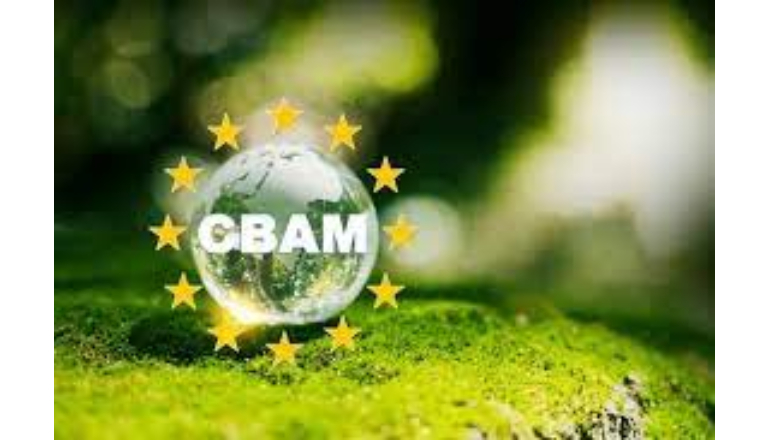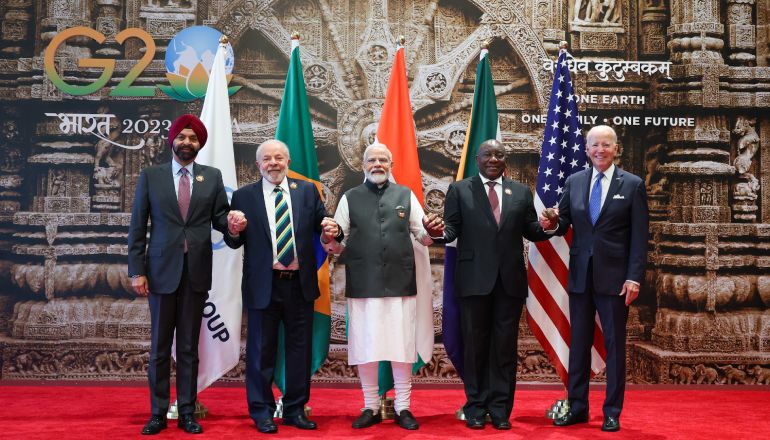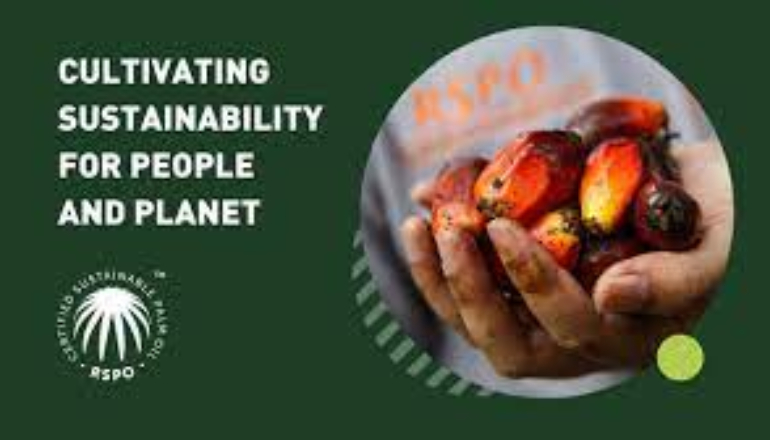While definitive implementation of Carbon Border Adjustment Mechanism or CBAM is a year and a half away, this transition period is unveiling the magnanimity of challenges.
EU will impose CBAM taxes on new products between 2026 and 2034. All imports of materials and goods into the EU will be subject to CBAM taxes by 2034.
Based on GHG emission intensities, the EU’s CBAM aims to level the playing field for Emissions Trading System (ETS) firms. But, it also raises concerns about fairness and implications.
CBAM’s disproportionate impact on developing countries may hinder economic growth and global market dynamics severely. It places the onus of decarbonization on developing countries.
Developed countries bear more climate mitigation burden due to their 79 percent historical carbon emissions. CBAM goes against Paris Agreement’s principle of common but differentiated responsibilities, imposing environmental standards on developing countries.
Experts believe by doing so, it disregards developed nations’ disproportionate contribution to climate change. I want to recall here developing countries expressed concerns about the negative effects of unilateral trade measures like CBAM on their economies during COP28.
The impact:
A new analysis from Centre for Science and Environment (CSE) India predicts a 0.33 percent decline in Africa’s GDP under partial coverage of products and phasing out free allowances, and a 0.12% decline in India’s GDP under €40 carbon price assumptions.
In 2022-23, India’s total exports to the EU were primarily covered by CBAM-covered goods.
The EU will begin collecting carbon taxes on every shipment of steel and aluminum on January 1, 2026, requiring Indian companies to pay tariffs equal to 20–35 percent of the total.
This presents a big obstacle for the metal industry in India. The country exported $8.2 billion worth of iron, steel, and aluminum products to the EU in 2022, accounting for 27% of its total exports.
Although CBAM also covers cement, fertilizer, electricity, and hydrogen, India does not export any of these goods to the EU.
The tax burden for 2022-23 is projected to be 0.05 percent of India’s GDP. Over the past two decades, OECD countries have imported emissions on a net basis, as their consumption emissions outweigh their production emissions.
Between 1990 and 2021, the EU imported 19% of its emissions annually from abroad, outsourcing a significant portion. However, its 2019 emissions per capita were 6.5 GtCO2, thrice as high as India, and 43 times higher than Ethiopia.
The impact on the Indian MSMEs:
Although, the latest details of the Indian MSMEs contribution in exports to the EU are not available, a Global Trade Research Initiative report said that MSMEs contribute 45% to India’s total exports and 38% of manufacturing output.
As per DGCIS, despite an increase in MSME exports from $154.8 billion in FY20 to $190 billion in FY22, the share of MSME-specified products in exports declined from 49.77% in FY 2020.
A NITI Aayog report on MSME exports released in March this year said, “Exporting is crucial for Indian MSMEs to break away from dwarfism and unlock their true growth potential. Exporting can allow 54 lakh (5.4 million) manufacturing MSMEs to tap into new markets and expand their customer base, leading to increased revenue and profit.”
How effective are the counter measures?
To counter a CBAM, measures such as implementing a domestic carbon price through a domestic carbon market are suggested. India’s Carbon Credit Trading Scheme (CCTS), led by the Bureau of Energy Efficiency, is developing a domestic compliance carbon market. Still, its readiness to offer EU equivalent carbon prices remains uncertain.
The EU may not consider India’s initiatives for decarbonization, such as non-fossil power targets in its Nationally Determined Contributions (NDCs). This is because the CBAM relies on carbon pricing as a matrix to determine the taxation of exporting country goods.
Overemphasis on carbon pricing overlooks non-pricing efforts, undermining effectiveness and disincentivizing alternative decarbonization measures in CBAM, as acknowledgment for these initiatives is lacking.
Additionally, India is pursuing measures to protect its interests and promote sustainable development, including a carbon credit trading system and renewable energy capacity targets. To offset increased trade costs under CBAM, India should convert energy taxes into carbon price equivalents for export calculations. Additionally, it may seek FTA exemptions for the MSMEs to shield them from CBAM-related trade restrictions.
A positive outcome:
The CBAM rollout may prompt the development of robust carbon accounting methods and protocols for domestic industries to initiate emissions monitoring and reporting.
Decarbonization in exporting countries’ manufacturing sectors necessitates comprehensive mitigation strategies and sustained international financing to support these efforts.
The carbon border tax, currently affecting only 1.64 per cent of India’s total exports, is an additional tax burden and trade barrier.
Decarbonization is unlikely to be incentivized in jurisdictions outside the EU. This is because developing countries are expected to fund it entirely through their domestic budgets without EU support.
Conclusion:
The CSE reports that the EU’s introduction of the CBAM will result in a 25% tax on India-exported carbon-intensive goods.
The report suggests a 0.5% tax burden on India’s GDP in 2022-23, with a counter-tax imposed on rich countries historically responsible for climate change.
The CSE report also suggests a ‘historical polluter’ counter-tax on rich countries responsible for climate change, enabling non-historical countries to finance their decarbonisation efforts.
We agree that India should develop a domestic mechanism to counter the severe effect of CBAM on Indian enterprises. In simple words, this means that we will see our domestic carbon markets evolving at must faster pace.











